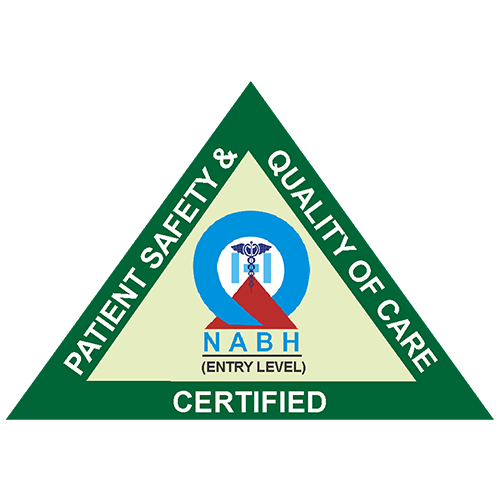Introduction
Kidney stones can be a painful and uncomfortable experience. Stones are formed in the kidneys when there is an excessive amount of certain substances in the urine. These substances can form crystals that eventually stick together to form stones. When these stones become too large or too many in number, they can cause a blockage in the ureter, which is the tube connecting the kidney to the bladder.
Stones that obstruct the ureter can cause intense pain that can come and go. The severity of pain can vary depending on the degree of obstruction. If the stone is sitting in the ureter without causing blockage, there may be little or no pain. However, if the stone turns slightly, it can cause partial or complete blockage, resulting in a sudden onset of severe pain.
The last segment of the ureter runs through the wall of the bladder. Stones often become stuck in this part of the ureter, causing urinary symptoms such as frequency, urgency, and postvoid fullness. These symptoms can mimic those of a urinary tract infection, and patients may think they have a bladder infection. However, most often, these symptoms are due to the stone. In men, stones in the lower part of the ureter can cause pain that is referred to the testicle or the tip of the penis, while in women, the pain can be felt in the vaginal and urethral area.
If you suspect you have a kidney stone, it’s essential to see a healthcare professional promptly. They will likely order imaging tests such as an X-ray or CT scan to confirm the diagnosis and determine the size and location of the stone. The size and location of the stone are important factors that will determine the treatment options available.
How To Pass Kidney Stones?
When trying to pass a stone, there are several measures you can take to ease the process. Here are some steps you can follow to help pass a kidney stone:
- Drink plenty of fluids: Drinking enough water and other fluids can increase urinary flow, which may help pass the stone. Aim to drink at least 3 to 5 litres of water per day.
- Be active: Being up and about, and walking can also help the stone pass. Gentle exercise can help promote the movement of the stone down the ureter.
- If you are experiencing difficulty passing a kidney stone, your doctor may recommend taking medication to help alleviate the symptoms and promote stone passage making it easier for the stone to pass through. Your doctor will determine which medication is best suited for you based on your medical history and individual needs. It is important to follow your doctor’s instructions carefully and inform them of any side effects you experience while taking the medication.
- When experiencing kidney stones, managing pain is crucial to help alleviate discomfort. Your doctor may also prescribe pain medications if necessary. Applying heat, such as sitting in a tub of hot water or using a heating pad, can also provide relief.
Seek emergency medical attention if necessary: At times, the pain can be so severe that the above measures will not provide relief. If you experience vomiting, fever, or severe pain that cannot be managed, it is time to go to the emergency room.
Follow-up with your doctor: After passing a kidney stone, it is important to schedule a follow-up appointment with your doctor. They can help determine the cause of the stone and provide recommendations to prevent future stones.
How to Prevent Kidney Stones?
Preventing kidney stones is key to avoiding the discomfort and pain they can cause. Here are some tips to help prevent kidney stones:
- Stay hydrated: Drinking enough fluids is key to preventing kidney stones. Aim to drink at least 3 to 5 litres of water per day.
- Eat a balanced diet: Eating a diet rich in fruits, vegetables, and whole grains can help prevent kidney stones. Avoid high-oxalate foods like spinach, rhubarb, and chocolate.
- Limit sodium intake: A diet high in sodium can increase the risk of kidney stones. Try to limit your sodium intake to less than 2,300 milligrams per day.
- Limit animal protein: Consuming too much animal protein can increase the risk of kidney stones. Try to limit your intake of red meat, poultry, and seafood.
Conclusion
In conclusion, kidney stones can cause significant discomfort and pain. If you suspect you have a kidney stone, seek medical attention promptly. Treatment options will depend on the size and location of the stone, and may range from non-invasive procedures to surgical intervention. Taking steps to prevent kidney stones from forming, such as drinking plenty of water and maintaining a healthy weight, is the best course of action.




